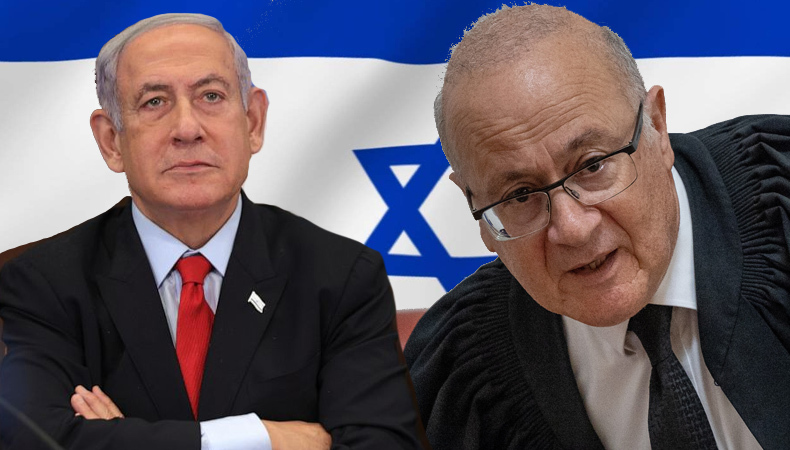Conservative Judge’s Bid for Presidency of Israel’s High Court Sparks Controversy

A junior conservative justice has started a campaign to lead Israel’s Supreme Court, which is an unprecedented action that has some worried about the judiciary’s independence in that country. Judge Yosef Elron’s campaign is perceived as a challenge to the custom of selecting the most senior judge for the job. This event comes as the far-right administration of Prime Minister Benjamin Netanyahu moves ahead with ambitions to reform the nation’s court system.
Elron’s candidature indicates a change from the traditional seniority-based process used to choose the president of Israel’s Supreme Court. Esther Hayut, the court’s current president, will retire in October, opening the door for a new appointment.
Elron’s bid has potentially weakened the neutrality of the judiciary by introducing a factor of political and ideological competition into the selection process. Legal professionals caution that abandoning the seniority norm could cause the court to become even more politicised.
The next judge in line, according to the seniority system, is a liberal named Isaac Amit who has been on the bench for more than ten years. Contrarily, Elron, who joined the bench in 2017, is regarded as one of its most conservative judges. Elron’s candidature is reportedly supported by Justice Minister Yariv Levin, who was a main force behind the contentious court reform.
Keep Reading
Given that Elron’s candidature coincides with broader moves by Netanyahu’s administration to restructure the judicial environment, observers see it as a symbolic challenge to the court’s independence. These initiatives include suggestions for modifications to the committee in charge of choosing judges, a move that has encountered criticism and caused delays in the committee’s meeting.
This decision is seen as a turning point in the ongoing discussion over the function of the court by the Israeli people, including both supporters and detractors of Netanyahu’s administration. Critics worry that the reform may weaken the court’s ability to restrain the power of the executive branch, while supporters of the change claim that it will prevent unelected judges from interfering with the decisions of elected lawmakers.
The Supreme Court is preparing for significant judgements regarding the scope of its authority as the dispute surrounding Elron’s candidature develops. The court’s future and its capacity to maintain its independence in the face of political pressures may be significantly impacted by these decisions.
In recent months, there have been numerous rallies against the revamping of the judiciary, which have exposed significant divisions in Israeli society. A constitutional crisis that raises concerns about the distribution of power between the executive and judicial branches could result from the court’s decision to overturn the new law.
Elron’s campaign for the Supreme Court presidency is the centre of an ongoing dispute regarding the independence of the judiciary and the division of powers in Israeli government, a country famed for its robust democratic institutions.







